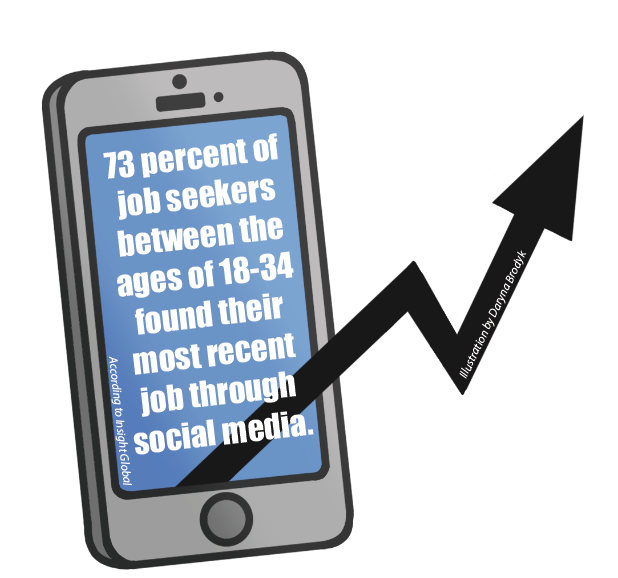In a world that champions individuality and self-expression, the idea of caring about what others think may seem counterintuitive.
However, understanding and caring about others’ opinions can actually fuel interpersonal relationships and growth. Our interactions with others shape our experiences, beliefs, and behaviors. The opinions of those around us serve as a mirror, reflecting aspects of ourselves that we might not be fully aware of.
By paying attention to how we are perceived, we gain valuable insights into our strengths and areas for improvement. For most of our lives, we have heard infamous mottos telling us not to care about what anyone else thinks, such as “Be yourself!” or “You do you.” While that is important, so is moderation.
If you were going somewhere new for the first time, you would probably use a navigation system and follow the directions it tells you. Similarly, when we navigate through life, we use feedback from others as a recalibration tool, helping us stay on course. Ignoring external opinions altogether might lead us to miss important signs, detours, or alternative routes that could be crucial to the journey.
In addition to useful feedback and advice, taking others’ opinions and
feedback into account fosters a healthy habit of empathy and understanding. It opens
up channels of communication, encouraging us to listen and learn from diverse perspectives.
This is a critical part of emotional intelligence: the capacity to be aware of and control your emotions while understanding the ones of people around you. Those who are considered to possess high emotional intelligence do better in familial, romantic, and professional relationships, according to Psychology Today.
We all appreciate it when someone understands us, and part of that is feeling like they care about what we think and feel.
Even so, some may argue that too much concern for others’ opinions can lead to a
compromise of individuality. While this is a valid concern, it’s essential to distinguish
between genuine self-expression and the pursuit of approval. Caring about others’ feedback doesn’t mean sacrificing authenticity; instead, it encourages a mindful consideration of the impact our actions and words have on those around us.
Caring about what people think should not be a call for blind conformity or be seen as a validation-seeking behavior; it should be an acknowledgment of the fact that we are all human and should sympathize with each other’s feelings. Whether it is a teacher telling you how you can do better in class or a friend giving you tips on how to handle a new situation, it is important to remain open-minded and hear what they might have to say.
By maintaining a balance between staying true to ourselves and being considerate of
what others might be thinking, we can help one another obtain personal and collective
growth.








